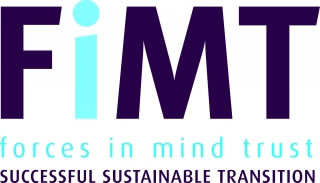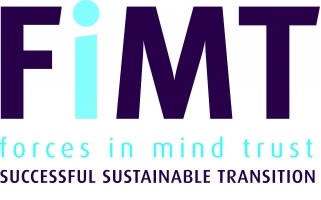New research published today by the Directory of Social Change (DSC) has shed light on the financial support provided by Armed Forces charities.
Focus On: Armed Forces Charities’ Financial Support, funded by Forces in Mind Trust (FiMT), found that 178 Armed Forces charities provide financial support to at least 50,000 serving and ex-Service personnel and their families, spending at least £39 million in the year before the survey took place (July/August 2020). They represent around 10% of all Armed Forces charities currently operating in the UK.
The research highlighted the impact Covid-19 has had on the sector. Over three-quarters (77%) of the charities providing financial support surveyed for this study reported one or more negative consequences as a result of Covid-19, including a drop in fundraising or donated income (59%), having to pause services (43%) and depleted reserves (36%).
Data from survey respondents found that the most common types of financial support were grants or loans for essential goods (66%), benefits or welfare advice (55%), and cash gifts or vouchers to relieve need (43%). Charities also provide goods or gifts in kind, help with debt management, help with day-to-day budgeting, pensions advice and support for gambling addiction.
The research highlights the widespread collaboration in the sector, with the overwhelming majority (89%) of respondents reporting a partnership with at least one type of organisation to provide financial help – and on average, with four other types of organisations. Partnerships were most commonly with other Service charities (73%), but also included local authorities (50%), Ministry of Defence welfare services (50%), Armed Forces Covenant signatory organisations (46%), and community/welfare organisations (46%).
Despite the importance of this financial support for serving and ex-Service personnel and their families, one-quarter (25%) reported experiencing challenges raising funds. The report recommends further collaboration, particularly for micro charities where partnerships were less common, and better impact measurement across the sector.
Commenting on the launch of the report today, DSC Researcher and lead author, Chester Howarth said:
“Whether living in the civilian or Armed Forces community, financial stressors can have far reaching impacts on individuals’ and families’ lives. Armed Forces charities play an important role in supporting their beneficiaries in times of hardship – but also in securing long-term financial well-being. This report explores the types of financial support provided, how this support is delivered, and details charities’ collaboration, evaluation and challenges.”
Ray Lock CBE, Chief Executive of Forces in Mind Trust said:
“Financial advice and support are two of the most frequent reasons members of the Armed Forces community have for reaching out to charities. This report reflects the breadth of such charities and the extent to which they collaborate. Understanding the environment in which charities operate is key to making the case for funding, and for ensuring that support reaches beneficiaries in the most effective and efficient manner.”
Lieutenant General Sir Andrew Richard Gregory KBE CB DL, Chief Executive of SSAFA, the Armed Forces charity said:
“Providing financial support is regularly the foundation on which veterans and their families can be helped to regain their independence and dignity. … I commend another excellent and relevant report by DSC; it shines a spotlight on a strategically important subject.” Download the report for free at www.armedforcescharities.org.uk

















